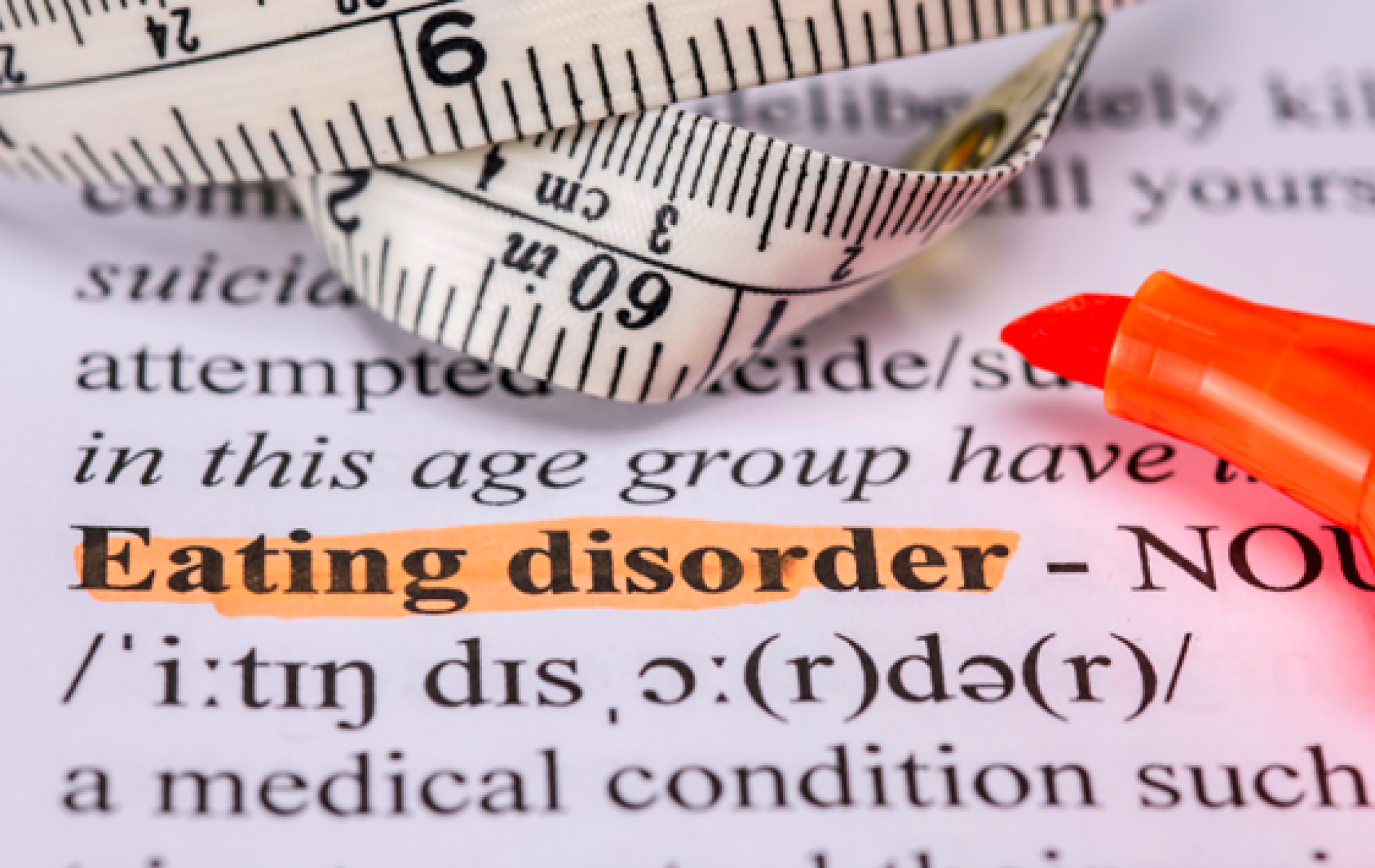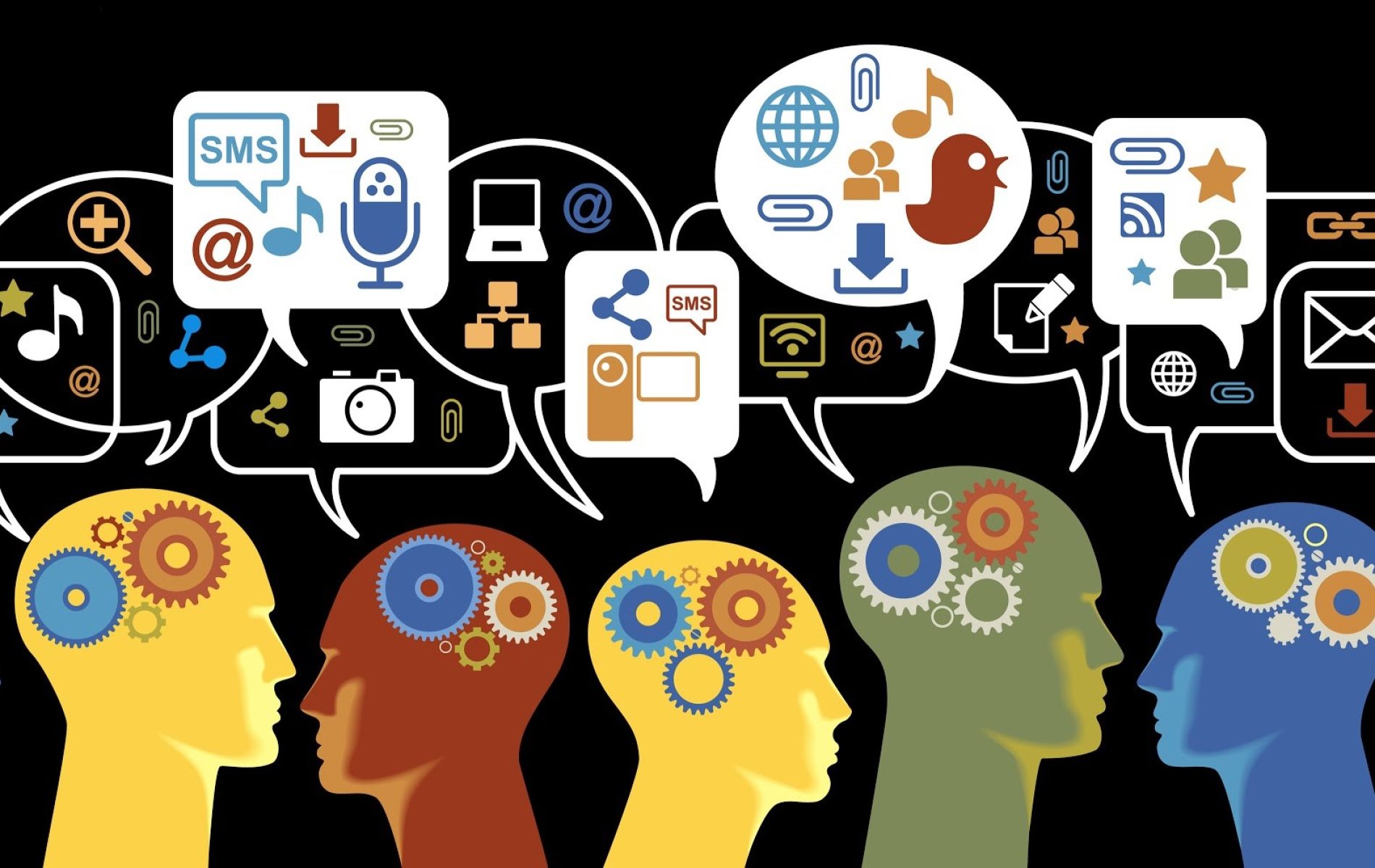Covid-19 continues to surprise people across the globe. The virus has a host of unusual symptoms, but among the most disturbing are recently uncovered episodes of new-onset psychosis, sometimes long after contracting coronavirus. Symptoms including cognitive, neurological and psychological disturbances have emerged in a small number of patients, including those who seemed to have mild cases of the illness without severe lung, circulatory or heart issues.
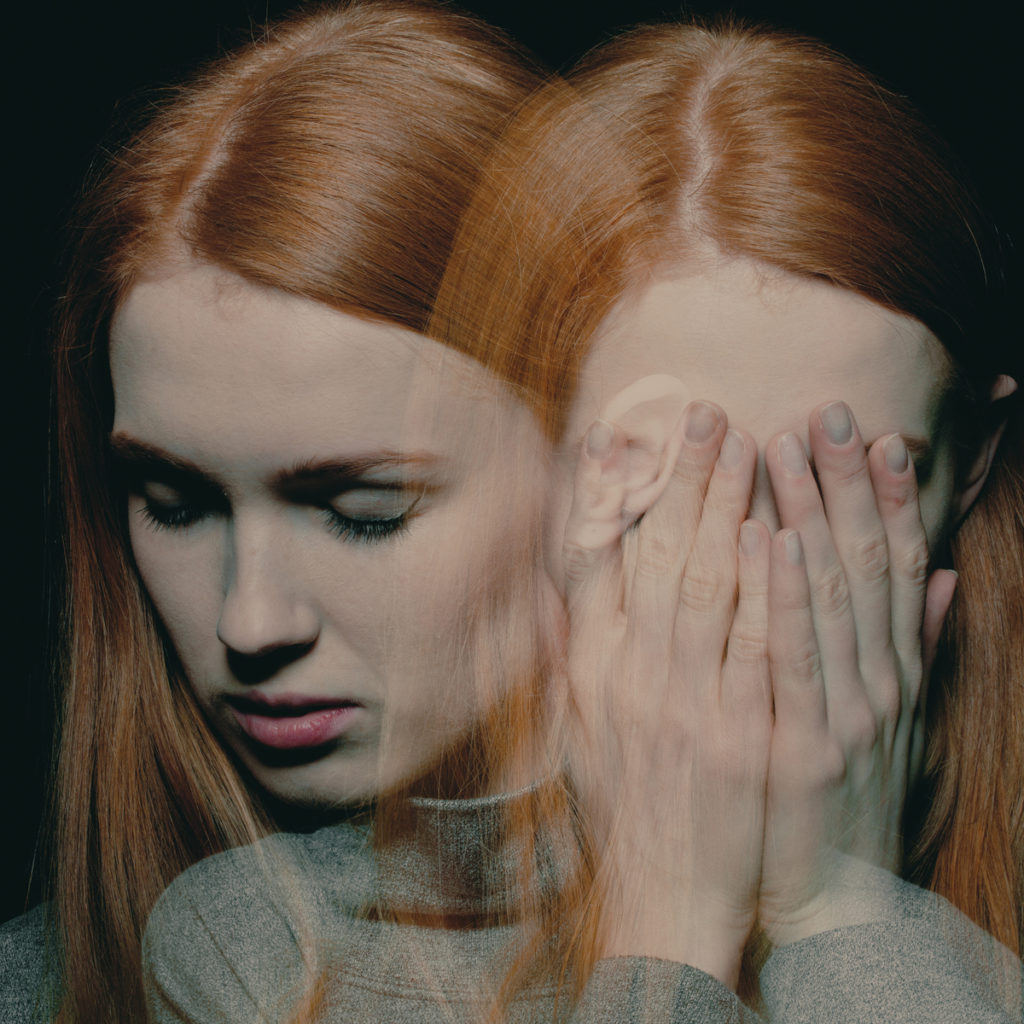
According to The New York Times, Dr. Hisam Goueli has seen a few of these patients at his facility South Oaks. A 42-year-old post-Covid with no history of psychiatric symptoms arrived in his Long Island hospital room at South Oaks sobbing. She stated that she had “seen” her children be gruesomely murdered and had developed plans to kill them herself. She had a mild case of coronavirus in the spring, but months later she heard a voice that told her to first kill herself, then instructed her to kill her children.
South Oaks now has an inpatient psychiatric treatment program for patients who have previously had Covid-19. At first, Dr. Goueli was not sure whether the initial case of psychosis was linked to Covid-19, but after the facility saw multiple cases they realized there was a connection to the disease.
South Oaks is not the only facility that has seen patients like this. Doctors across the globe are reporting similar cases, including some that have developed severe psychotic symptoms.
Other reported cases:
· A 30-year-old New York City construction worker who imagined his cousin was going to murder him and tried to strangle his cousin himself as a matter of protection.
· A 36-year-old employee at a North Carolina nursing home who was terrified her children were going to be kidnapped and tried to save them by passing them through the window of a fast-food restaurant drive-through.
· A 55-year-old woman from Britain who experienced hallucinations involving lions and monkeys. She also was paranoid that one of her family members had been replaced by an imposter.
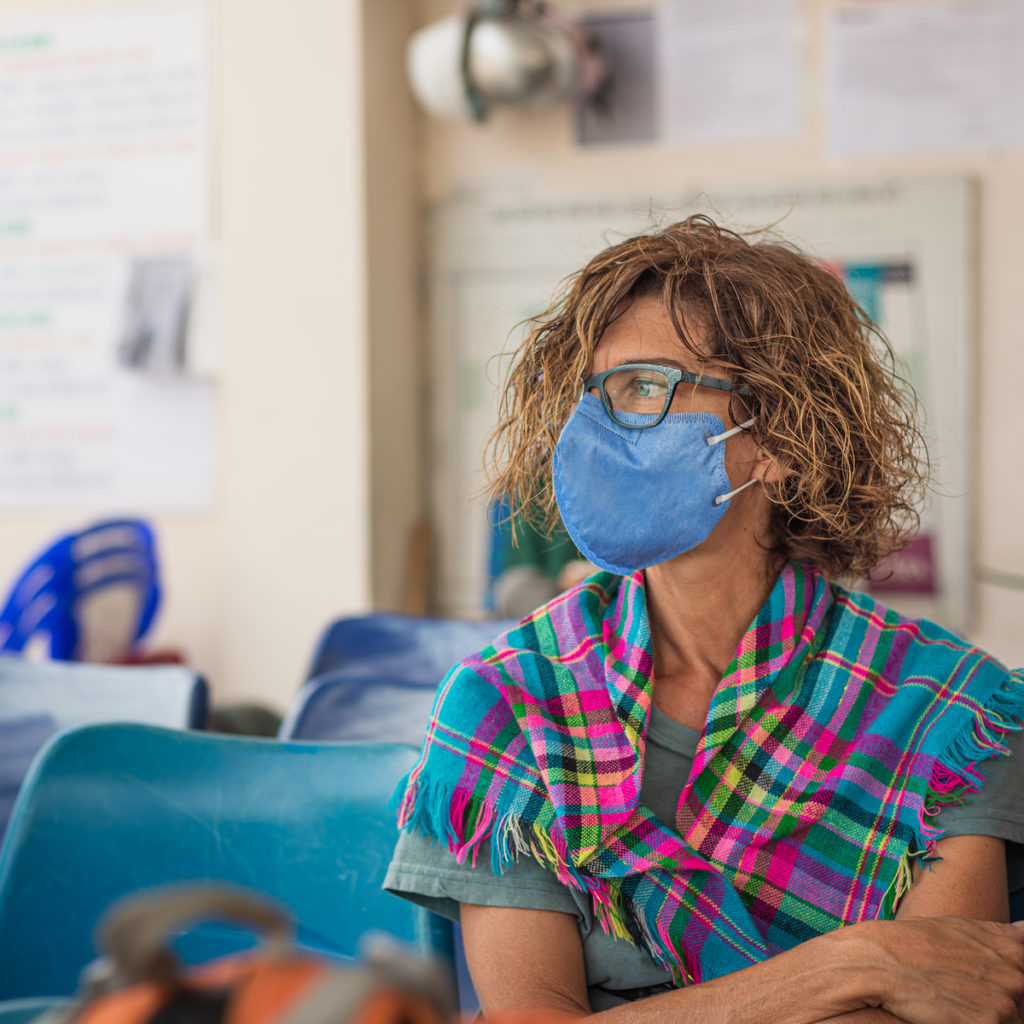
Recent studies have found further evidence of “new-onset psychosis” that affected patients who previously had Covid-19. One British study found that of 153 patients who had been hospitalized with Covid-19, 10 experienced new psychiatric or neurological complications. Another study revealed that 10 similar patients were identified in one Spanish hospital.
According to medical experts, only a small number of patients experience such extreme psychiatric problems. But it does shed light onto another way Covid-19 can affect a person’s brain function and mental health in addition to the initial concern of the virus and its significant impacts on respiratory distress. We now know that the novel coronavirus can also impact cognitive, neurological and psychological functions in patients who did not initially experience serious cardiac or respiratory symptoms.
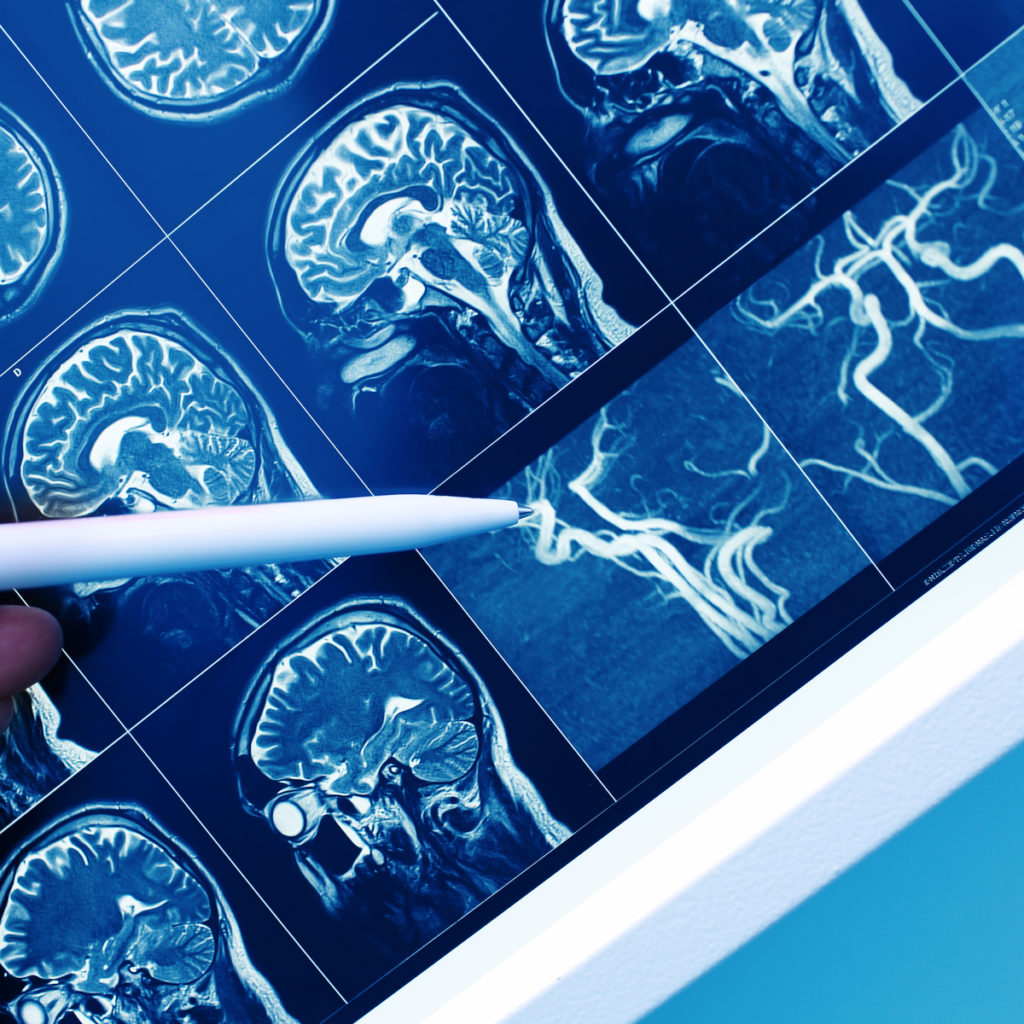
Experts believe that these cognitive effects might have something to do with the immune response to the virus, pointing to possible vascular problems related to inflammation caused by the disease. During immune activation, some neurotoxins can pass through the blood brain barrier and encourage such damage, according to Dr. Vilma Gabbay, who is co-director of the Psychiatric Research Institute at Montefiore Einstein in New York.
At this point, the exact cause of post-Covid neurological problems – including psychosis – remains unclear. Doctors have been unable to find evidence of active infections in the brains and spinal fluid of these patients. It is possible that genetic makeup or predisposition of some sort puts people at greater risk.
However, a few patterns have been identified. According to Dr. Goueli the patients he treated for post-Covid psychosis experienced subtle neurological symptoms such as vertigo, hand tingling, headaches or a reduced ability to smell, but largely avoided major respiratory symptoms. The majority of these patients have been between the ages of 30 and 50, which is not a common age range for a person to develop psychosis.
Some patients with post-Covid psychotic symptoms have required weeks of hospitalization. Some have responded well to medications. Importantly, psychosis and mania after a viral infection is not only unique to Covid-19. Other illnesses, such as the 1918 flu, have resulted in similar cases.
Dr. Fotuhi and the rest of the NeuroGrow team is closely following the latest developments in the coronavirus pandemic. You can read more about Dr. Fotuhi’s research on COVID-19 and brain function in the Journal of Alzheimer’s Disease. If you were previously diagnosed with COVID-19 and feel that your memory, attention, focus, sleep, or anxiety are not quite right, we now offer our brain rehabilitation program to get your cognitive abilities back on track. If you are experiencing an immediate mental health emergency such as psychosis, delusions, or suicidal impulses, call 911 or seek emergency medical assistance immediately.
This blog was written by Courtney Cosby and edited by Dr. Majid Fotuhi

